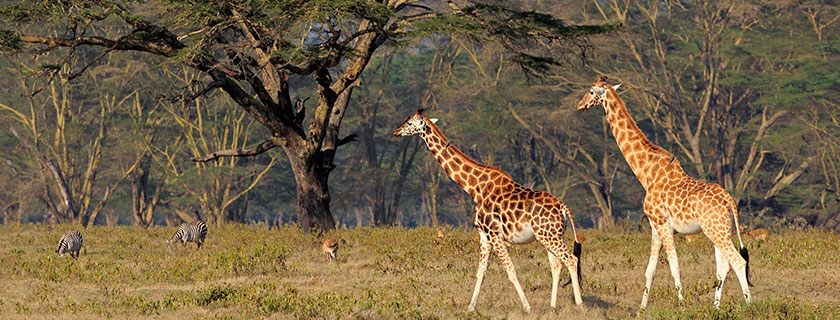Socioeconomic surveys of protected areas in Mozambique
Last February saw the beginning of the socioeconomic surveys of the protected areas of Mozambique, implemented by Nemus under the MozBio project, which is financed by the World Bank.
The consolidation and restructuring program for the Nature Conservation Areas – Natural Parks and Reserves – developed by the Mozambican Government and referred to as MozBio aims to improve the management of the country’s conservation areas and particularly to improve the living conditions of the communities who live in these areas, and whose life depends on forest resources, agriculture and fisheries.
In this project Nemus is responsible for implementing a wide socioeconomic survey which includes participatory focus groups discussions, which aim to provide ANAC (National Administration of Conservation Areas) with current economic and social data from the communities living in and around the main conservation areas. The study will include more than 1,600 household surveys and intensive data collection in four main areas: the Quirimbas National Park, the Chimanimani National Reserve and the Maputo Special Reserve as well as the Ponta do Ouro Partial Marine Reserve.
The Conservation Areas of Mozambique comprise a diverse selection of habitats which include magnificent coral reefs along the coastline and an enormous diversity of species of plants and animals. But despite such a rich biodiversity, development rates are very low, the people living in and around these areas live in a rural way and face many difficulties, and the level of investments in tourism associated with the conservation of these areas is very low.
In these regards, the MozBio project will enhance the protection of these areas and improve the living conditions of the communities through significant investments for the efficient management of natural resources and the promotion of tourism, thus creating new jobs, business opportunities and other sustainable livelihoods focused on nature and biodiversity conservation.

